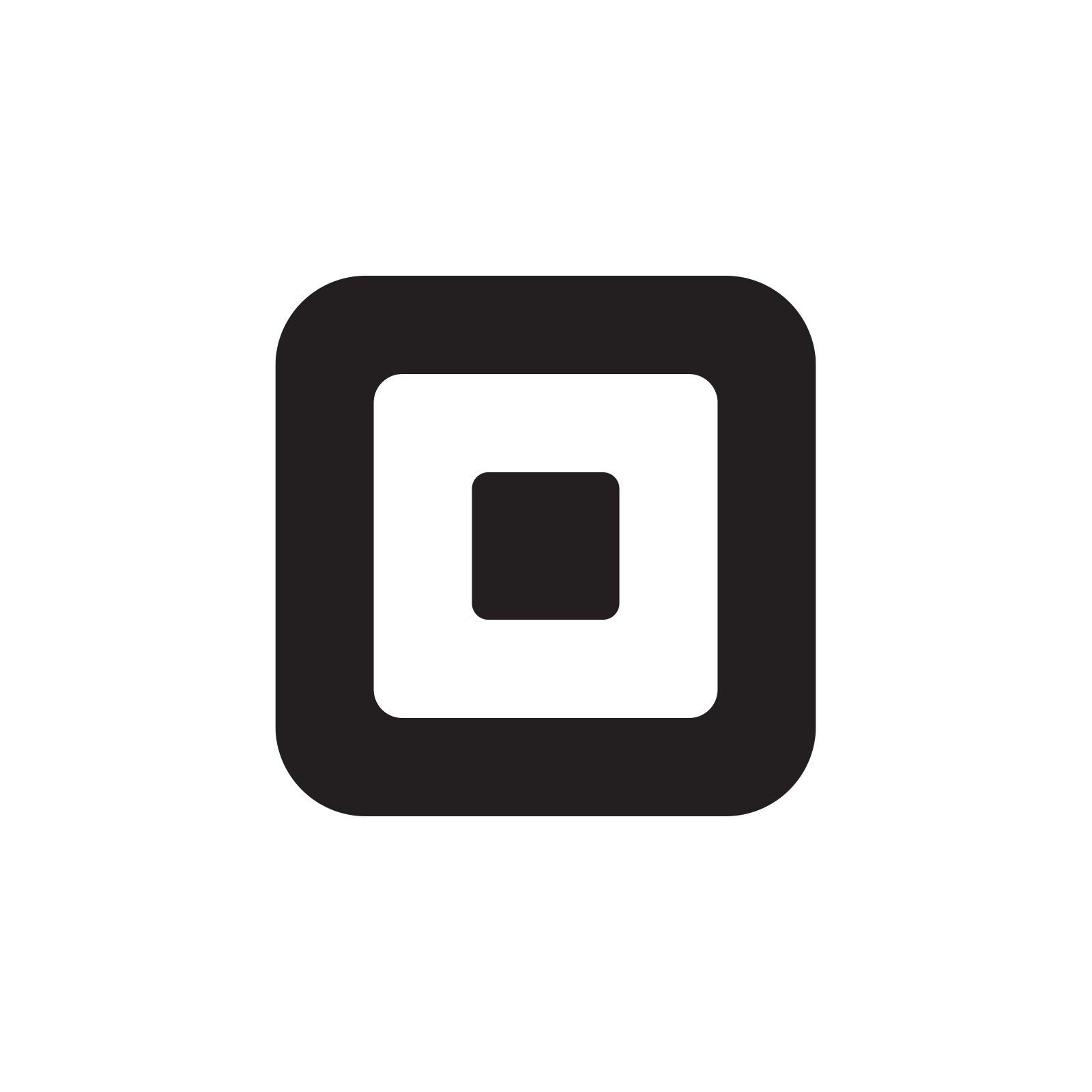How I Took Food Trucks Corporate And Built A $18M Business
Hello! Who are you and what business did you start?
I started my career at the world-famous Century Plaza Hotel in Los Angeles Apprenticing under Certified Master Chef Raimund Hofmeister.
Since then I have worked in more than 22 countries around the world working for some of the world’s finest chefs from Cas Spijkers, 2 Michelin star Restaurant De Swann Hotel in Oisterwijk, to Paul Prudhomme's K-Paul's Louisiana kitchen. I was on the 92 and 96 US Culinary Olympic Teams.
I have been involved in all aspects of the foodservice industry. My main focus has always been on healthy sustainable foods; working in every aspect of the business from fine dining to airport foodservice and food manufacturing. I personally took care of the Los Angeles Lakers Foodservice providing all meal periods for the team in the season for 8 years including the 3-year title run with two world titles receiving two championship rings for my efforts.
My passion is volunteering for Environmental and other health-related causes. I helped coordinate one of the first sustainable dinners in 1998 with the Earth Pledge Foundation in NY, I served on the boards of American Ocean...


























